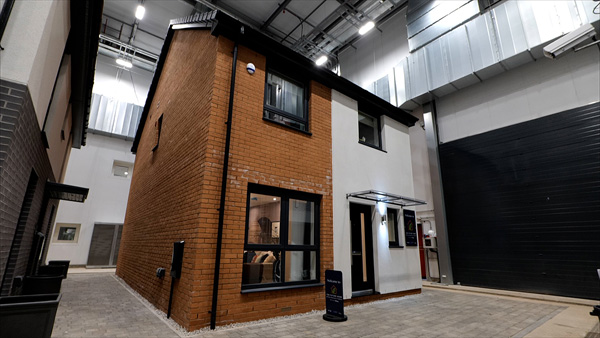Vent-Axia welcomes updated PAS 2035

Leading ventilation manufacturer Vent-Axia has welcomed the publication of the amended PAS 2035/2030:2023 which now aligns with Approved Document F (Means of Ventilation) of the Building Regulations. The British Standards Institution (BSI) has published an updated PAS 2035/2030:2023 document in light of the urgent need to decarbonise 27 million UK homes, the document describes how to conduct retrofits on existing dwellings to improve their energy efficiency. PAS 2035/2030:2023 sets out best practice in providing ‘whole house’ retrofits for domestic dwellings from project inception to handover and evaluation.
- Read more about Vent-Axia welcomes updated PAS 2035
- Log in to post comments



















